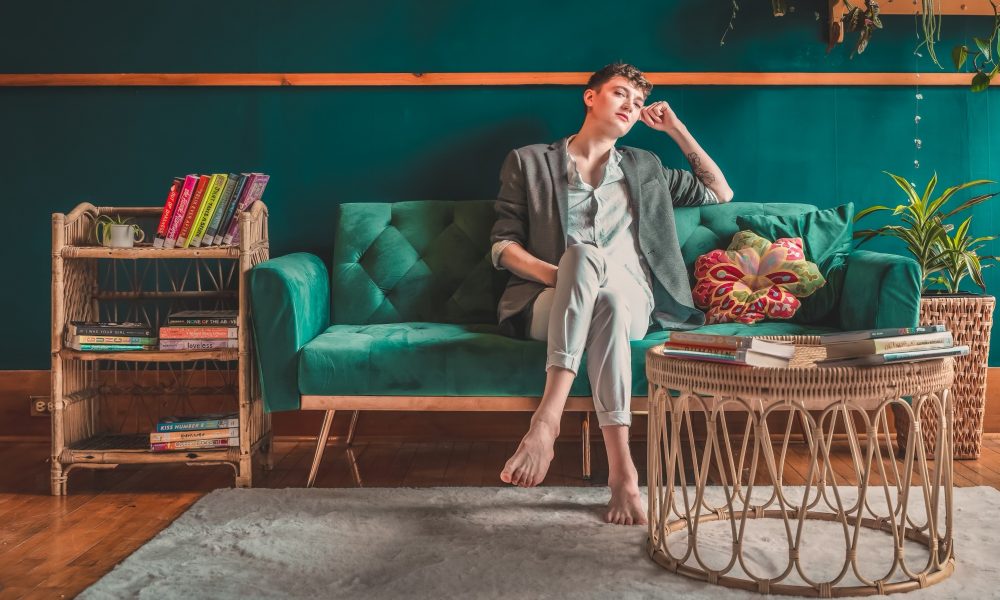

Today we’d like to introduce you to Mitchel Dipzinski.
Alright, so thank you so much for sharing your story and insight with our readers. To kick things off, can you tell us a bit about how you got started?
To be completely honest, I’m still in the process of figuring out my story as both an artist and as an individual. When I left Alpena for college in 2015, I knew without a doubt that I wouldn’t return to my hometown long-term. As I have come to expect though, life proved me wrong, and I moved back home amidst the COVID-19 pandemic. I was worried about this trek back into rural Michigan, as I had discovered a piece of myself while in college that I had hidden away for most of my childhood. I didn’t want to regress.
But, as word spread of my return amongst my small hometown, friends of friends began to reach out, asking me to talk about my journey of self-exploration and my coming out process. I was able to make connections with families of young LGBTQIA+ individuals who were all struggling with the same issues I had when growing up. Community leaders and concerned individuals asked me to speak out on behalf of these struggling young people, and I stepped forward.
Over the last three and a half years, I have faced difficult traumas but also seemingly impossible growth. With the support of the community, I have organized advocacy-based events and educational programming, produced a collection of Protest Art curated to tell the story of Resistance, Persistence, and Existence within minority communities, and co-founded the Poetics Lab–a soon-to-be non-profit focusing on identity, poetry, and performance of the self.
Somewhere within all of this is my story. I sometimes struggle to find solid ground amidst the chaos and ever-changing nature of the last three and a half years, but I have come to realize how proud I am of the people in my hometown and of who I have become as a person, a mentor, and an artist.
We all face challenges, but looking back, would you describe it as a relatively smooth road?
The process of advocacy is never a smooth one, as it is inherently one of change. People naturally resist change to varying degrees, while some will do everything they can to stop it.
My experiences as a queer person have been invalidated, and I have been gaslit into believing certain traumas didn’t occur. My art has been deeply ridiculed by majority bodies as being “too dark,” “too forward,” and “deeply inappropriate.” I’ve seen friends–people I consider to be chosen family–struggle with blatant bigotry and racism. And there have definitely been times where I thought about leaving and not turning back.
Though, the support of my friends and family have allowed me to look past these struggles and find a sense of self-validation. I’ve seen the change in the community, and people are realizing that they don’t have to be quiet. As I’ve written before, advocacy is a journey, not a destination. It takes time. It takes persistence.
As you know, we’re big fans of you and your work. For our readers who might not be as familiar, what can you tell them about what you do?
As an artist, I have dabbled in a lot of fields. I have worked in a large-scale puppetry workshop, mentored as a theatre technical director, and collaborated with other artists as a set designer. But my true passion is in storytelling. Over the past three years, I have worked with other community organizers and artists to develop a collection of three storytelling pieces with the overarching title “found.” This collection has captured my process as a queer person new to the field of advocacy.
It starts with “Blueberry Jam,” a large-scale erasure poetry piece that highlights the dangerous rhetoric being used within communities and school systems against minority students. “Blueberry Jam” consists of three letters written for and published publicly in Alpena. These letters contain false information surrounding school board meetings and dangerous stereotypes surrounding LGBTQIA+ and BIPOC students, and they signify the beginning of my advocacy journey.
The second piece was in response to the Florida bill “Don’t Say Gay,” and it bears the same name. A triptych of photographs surround my coming-out poem. The photos and poem show the impact language has on an individual and the trauma of enduring consistent self-hate. It is an emotional piece that is meant to bring to light the struggles some members of the LGBTQIA+ community face every day.
The final piece, “Expressions,” is a collection of eight photographs and four pieces written in the style of news stories/op-eds. The written pieces highlight why I practice both storytelling and advocacy, while the eight photographs allow for me to fully and confidently express myself as a queer man. They are split into four pairs, showing both a “masculine” and “feminine” side of myself and combating the notion that there is “one way” to exist as a person.
On top of “found,” I continue to develop several smaller-scale poetry pieces that are displayed at a local gallery called Art in the Loft. I also co-facilitate monthly poetry open-mics, co-teach an annual poetry workshop and publish an annual community chapbook through my organization called the Poetics Lab.
What do you like best about our city? What do you like least?
The thing I like least about Alpena, MI, is my history within the space. I still struggle periodically with previous experiences I’ve had as a community member, and I still witness behavior from individuals that trigger those memories.
But what I like most about the city is also what keeps me from leaving–the tenacity for change within the population. There is so much potential within small towns to build an inclusive and tight-knit community, and Alpena has ran with that potential. I have found countless individuals who not only support the work I do but who are also willing to take a stand and speak out against the same issues I struggled with growing up. I have been supported in ways I never thought possible within my hometown, and people show up with a fierce loyalty. A loyalty often only found within family.
Contact Info:
- Website: mitcheldipzinski.com
- Instagram: https://www.instagram.com/mitchel.dip/
- Facebook: https://www.facebook.com/mitchel.dipzinski
- Other: tpoeticslab.com
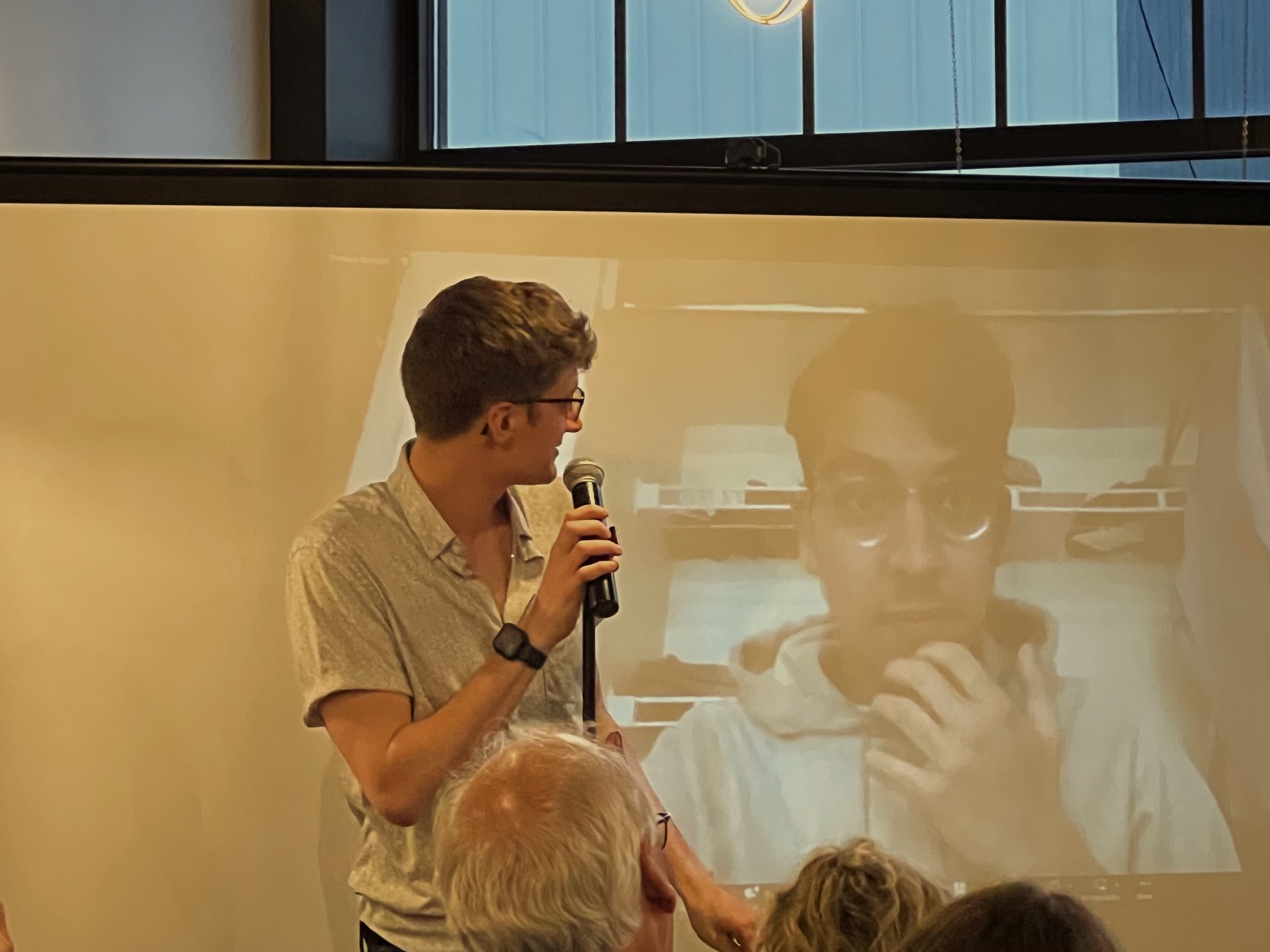
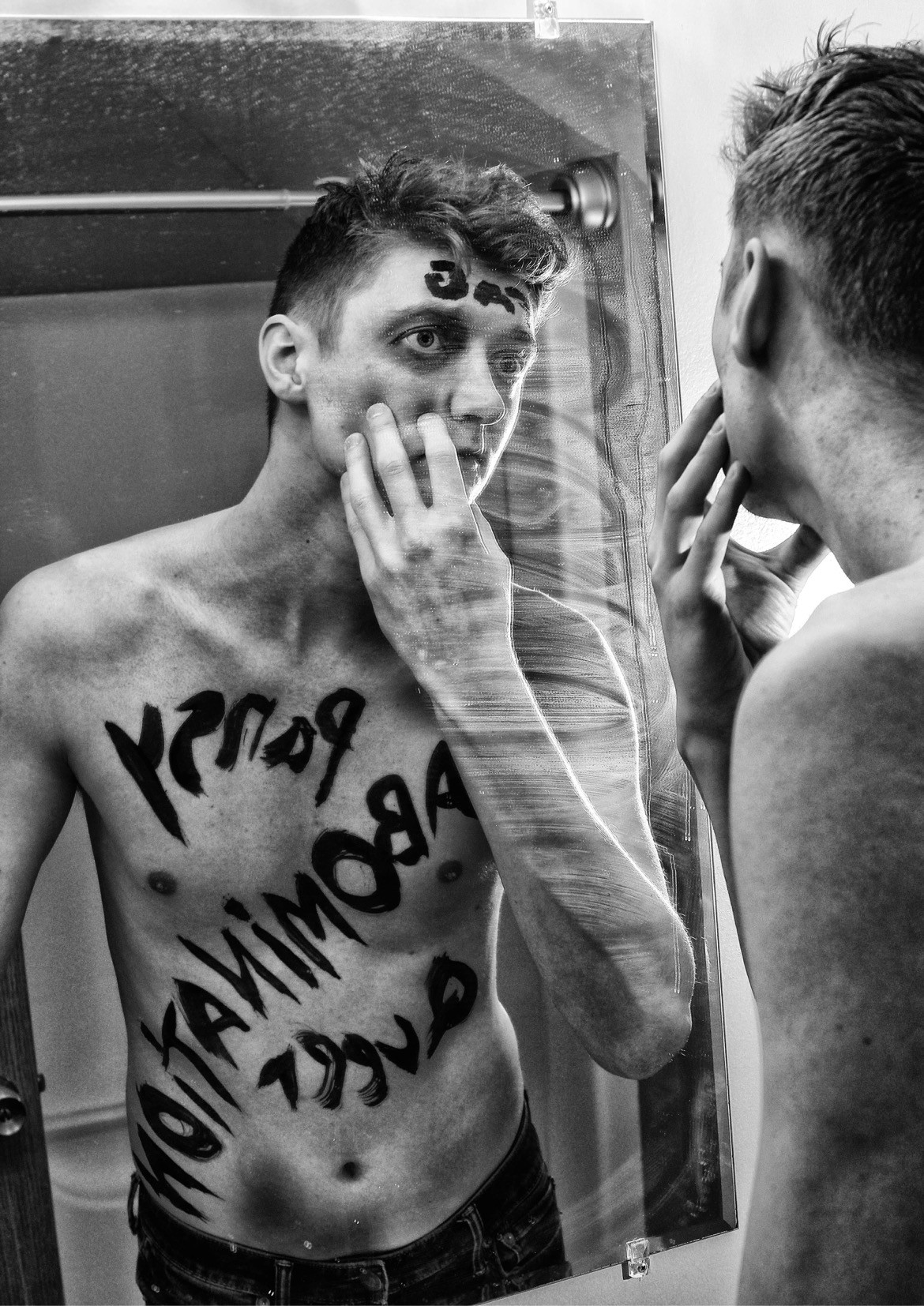
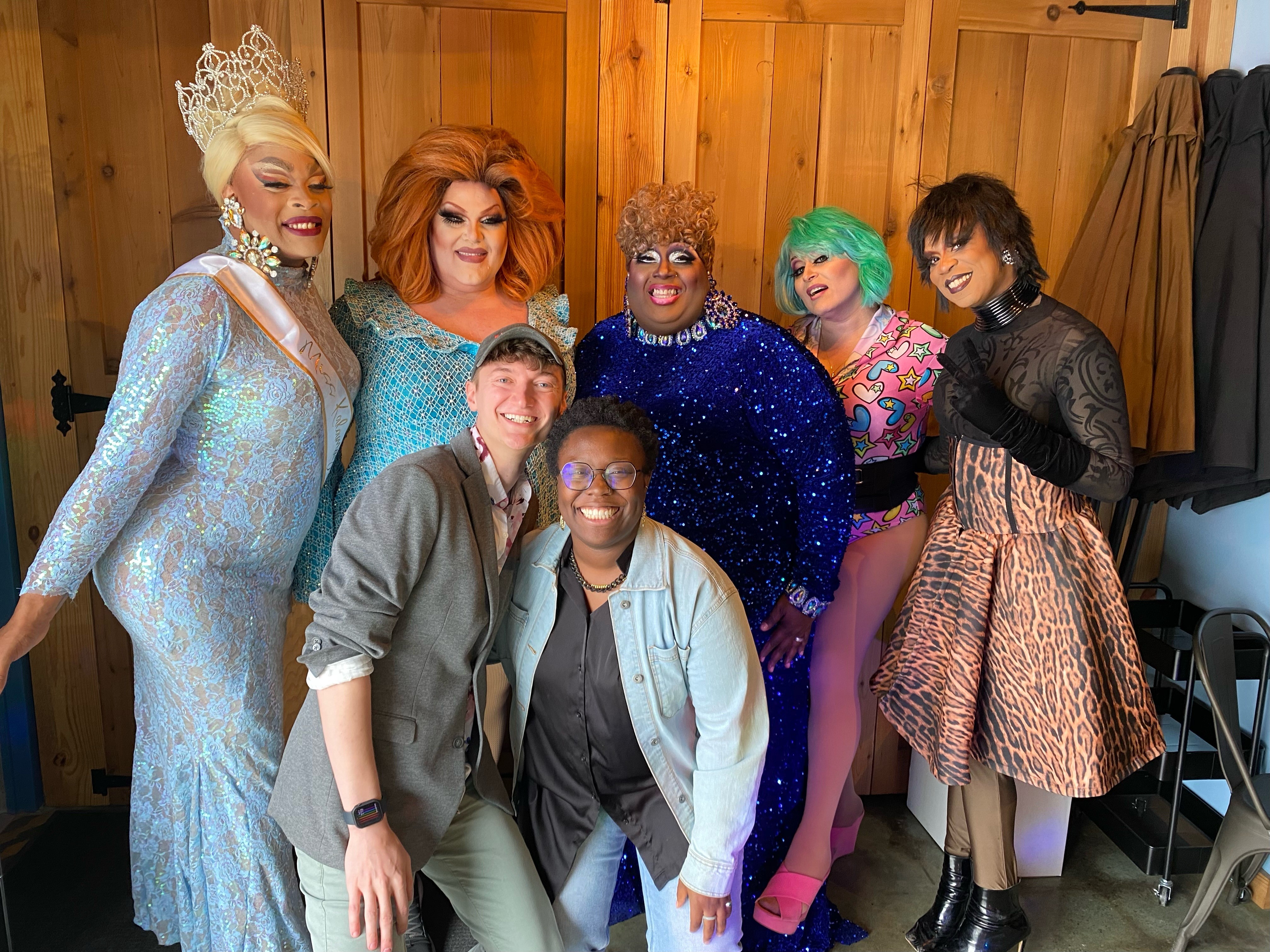
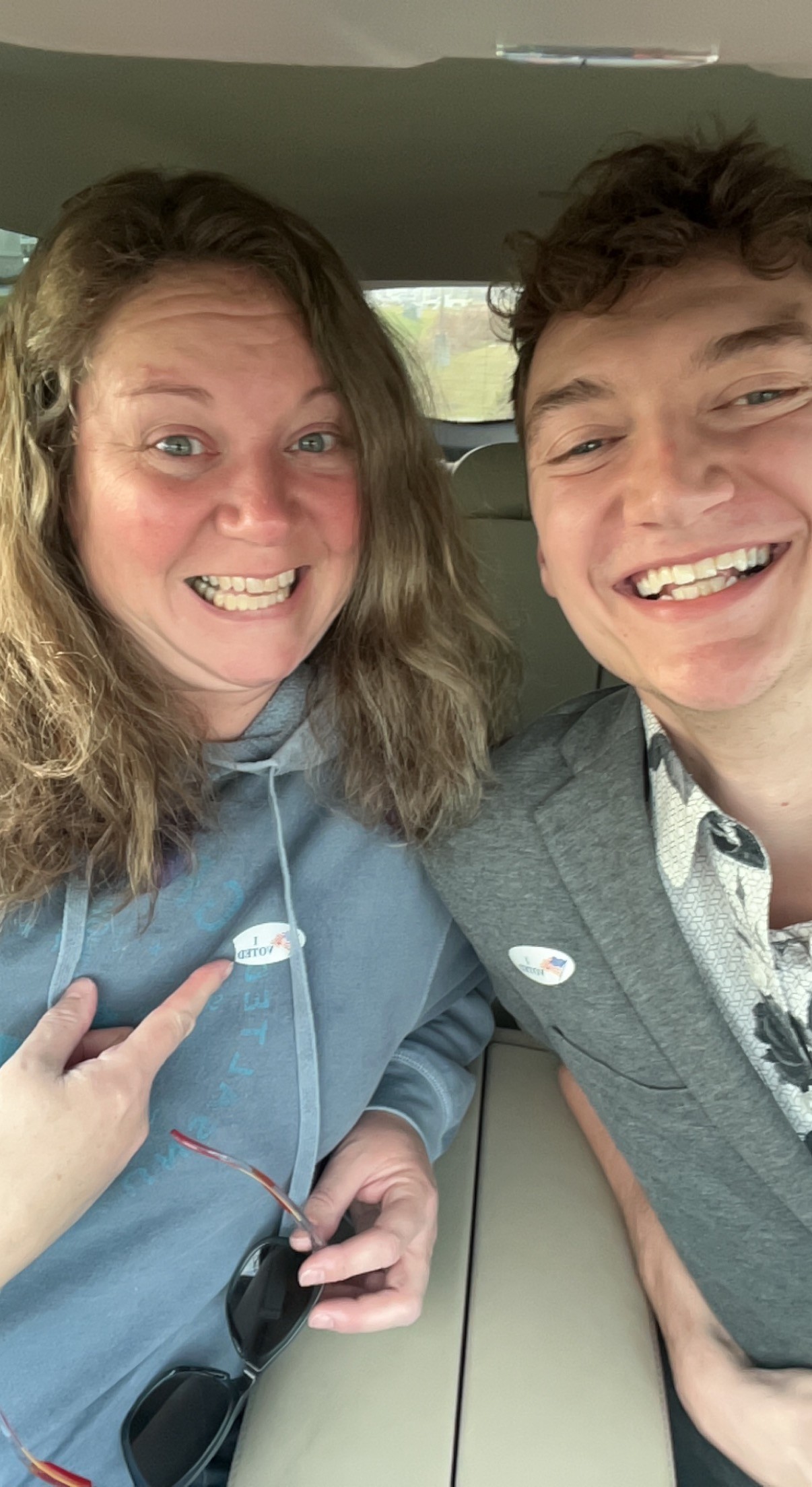
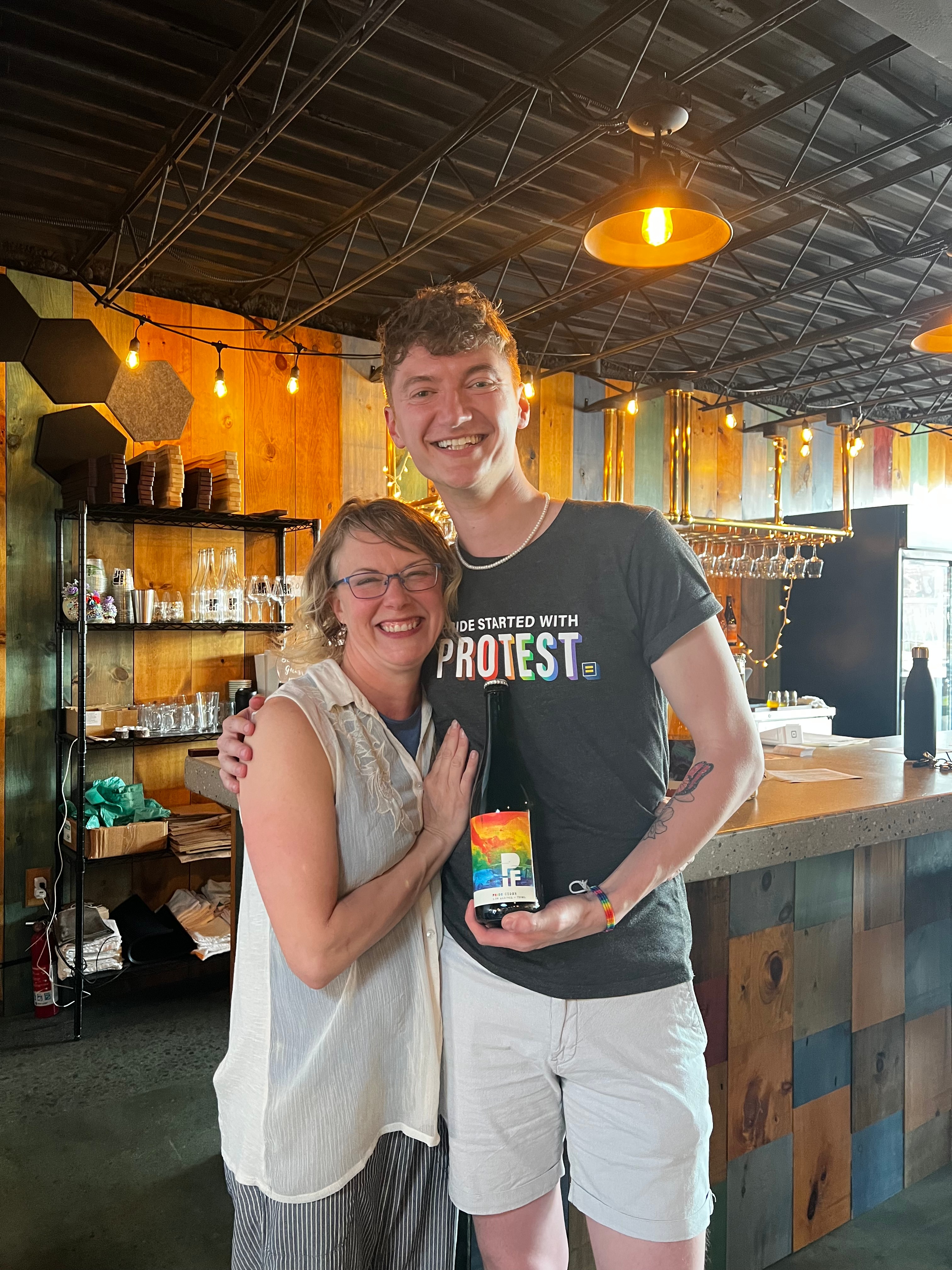
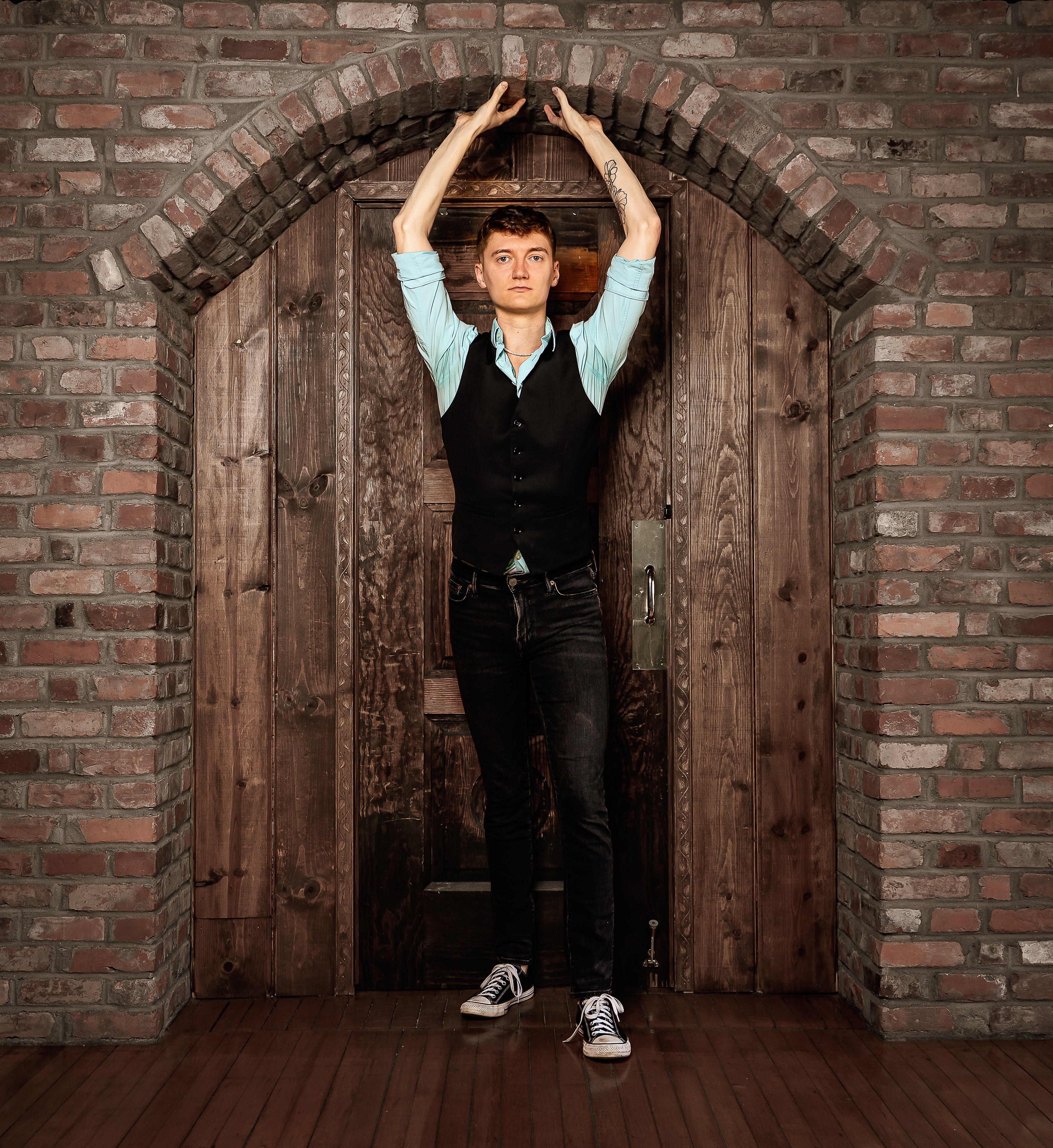

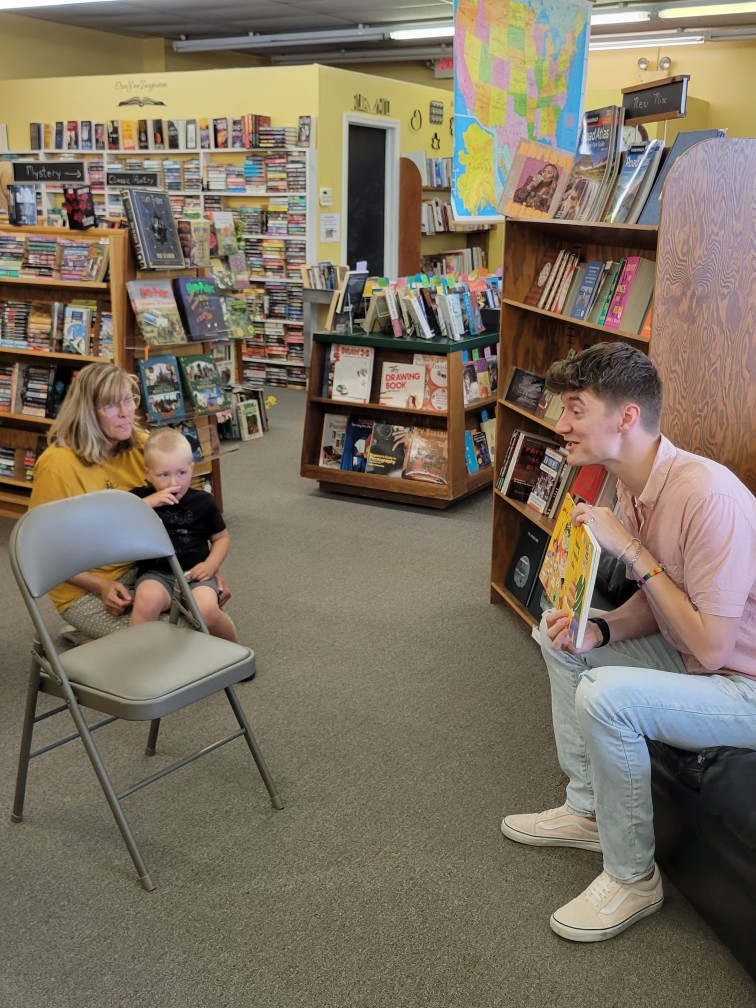
Image Credits
Thane Whitscell
Rick Houchin
Juliane Richards
Mitchel Dipzinski











